Best Celiac Disease Specialists in India
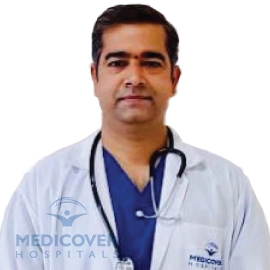
Gastroenterologist & Hepatologist Vizag
- Exp:12+ Yrs
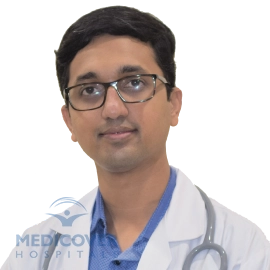
- Exp:9+ Yrs

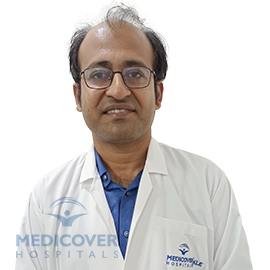
- Exp:2+ Yrs
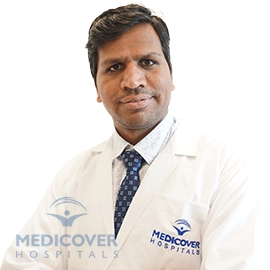
Hepatologist & Therapeutic Endoscopist navi-mumbai
- Exp:6+ Yrs
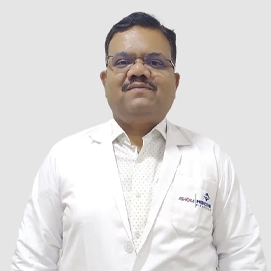
- Exp:16+ Yrs

- Exp:5+ Yrs







Gastroenterologists are typically the specialists who diagnose celiac disease. They can order the necessary blood tests and endoscopy with biopsy to confirm the diagnosis.
In many healthcare systems, you may need a referral from your primary care physician to see a gastroenterologist. However, this requirement can vary depending on your location and insurance plan, so it's best to check with your primary care doctor or insurance provider.
It is highly recommended to consult with a registered dietitian who specialises in celiac disease and gluten-free diets. They can help you plan a nutritious and gluten-free diet, educate you about safe food choices, and address any nutritional deficiencies that may have developed due to the disease.
Depending on your specific symptoms and any complications related to celiac disease, you may also need to see other specialists such as dermatologists (for skin issues), nutritionists, or fertility specialists (if infertility is a concern).
The frequency of follow-up appointments may vary based on the severity of your celiac disease and your response to a gluten-free diet. Initially, you may have more frequent appointments to monitor your progress, and then they may become less frequent once your condition stabilises.
Primary care physicians can play a crucial role in the management of celiac disease, including ordering tests and providing general guidance. However, a gastroenterologist and dietitian with expertise in celiac disease can offer specialised care to ensure proper diagnosis and management.
Genetic testing for celiac disease can help determine if you have the genetic predisposition for the condition, but it does not confirm whether you currently have active celiac disease. It can be useful for family members who want to know their risk, but it's not a diagnostic tool on its own.
It's helpful to bring any medical records, test results, and a detailed list of your symptoms and dietary habits to your appointments. This information can assist specialists in making an accurate diagnosis and treatment plan.
Yes, there are many celiac disease support groups and organisations that can provide information, resources, and emotional support. They can also help you connect with others who are living with celiac disease and share their experiences.
Yes, children with celiac disease can see paediatric gastroenterologists who specialise in diagnosing and treating gastrointestinal disorders in paediatric patients. Paediatric dietitians can also assist in managing a gluten-free diet for children.
Click here to request a callback!